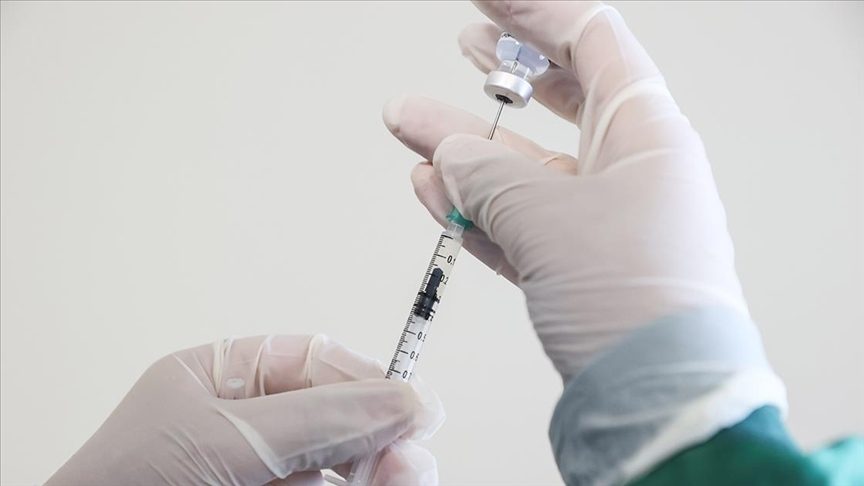Turkey has been embattled with a substantial rise in the number of coronavirus cases in the past two months. Although it managed to bring down the number of fatalities to below 200 for a while, the pandemic remains the worst threat to public health in the country. People avoiding vaccination are among the factors blamed for the surge. In light of this, professor Alper Şener, a member of the Health Ministry’s Coronavirus Scientific Advisory Board, suggests making vaccines mandatory for the general public.
The country embarked on an ambitious vaccination program in January with the goal of vaccinating at least 75% of the population eligible for jabs. Though the vaccines are not mandatory, more than 47.8 million people have so far received their two doses of vaccines, a temporary but effective protection as the necessity of a third dose continues to be debated. Overall, the country administered nearly 115 million doses. Since this summer, vaccines are available for anyone above the age of 15, while those between the ages of 12 and 15 are eligible for vaccines if they have a chronic disease.
Şener, who also works at a hospital in the western province of Izmir, said they have been seeing an influx of unvaccinated people admitted to the hospitals, though people have been aware of what the country went through without vaccines in the second year of the pandemic. “Some patients are well into their 80s and eligible for third doses. Yet, none have even had their first dose,” he told Anadolu Agency (AA) on Friday. Senior citizens, after health care workers, were the first group of people eligible for jabs in the vaccination program. The program was gradually expanded to other age groups and sped up with the arrival of new shipments. Currently, the country offers the inactive CoronaVac vaccine and the messenger RNA (mRNA) vaccine of Pfizer-BioNTech. A locally made vaccine is also in the works. Nevertheless, vaccine hesitancy among the population still lingers despite awareness campaigns. “When we ask those people why they did not receive their jabs, most say they thought the vaccines were not safe after what they heard from others,” Şener said. Anti-vaxxers, proliferating on the social media, feed the conspiracy theories making rounds among the public since the arrival of the first shipment of vaccines to the country.

